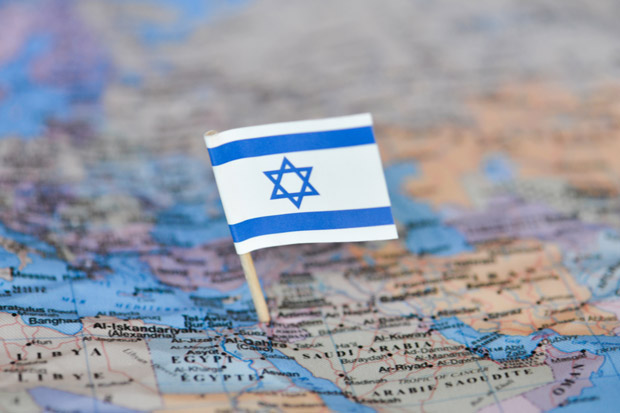loading…
“The problem in the region (Middle East) is not Iranian activity,” Russian ambassador to Israel Anatoly Viktorov told the Jerusalem Post which was later shared by the Moscow embassy in Tel Aviv.
“This is a lack of understanding between the state and non-compliance with UN resolutions in the Israeli-Arab and Israeli-Palestinian conflicts,” he added as quoted by Antara. Newsweek, Wednesday (9/12/2020).
Israel continues to annex and settle in all areas considered Palestinian territory by the United Nations. Violence between the two sides has hindered peace efforts for decades, although disputes between Israel and Iran, along with pro-Palestinian partners such as the Lebanese Hezbollah movement, have taken precedence.
But Viktorov brushed off Israeli concerns over Hezbollah’s plans such as infiltration and rocket attacks. Instead he pointed to regular Israeli operations against the group and other suspected Iranian assets in countries such as neighboring Syria.
“Israel is attacking Hezbollah, Hezbollah is not attacking Israel,” Viktorov said, arguing there is no evidence Hezbollah created tunnels that Israel discovered along the contested northern border with Lebanon.(Also read: UN General Assembly resolution urges Russia to withdraw from Crimea )
Newsweek recently spoke with Israeli and Hezbollah officials who said they are prepared for another possible conflict between them as tensions mount. In response to Israel’s attacks in Syria, the Damascus mission to the United Nations told Newsweek last month that countries, especially permanent members of the UN Security Council, must resist such aggression.
Viktorov heeded the call.
He said Israel should not attack the sovereign territory of UN members. He acknowledged that Israel gave Russia advance notice of such an attack because coordination was about Russian military safety in Syria, but stressed: “There is no way we would agree to an Israeli attack on Syria, never in the past and never in the future.”
The dynamics between Russia, Iran and Israel are proving complex in Syria. Moscow and Tehran are closely coordinating their joint efforts to support Damascus in its nearly decade-long war against rebels and militant groups such as Islamic State (ISIS), but their interests have not always aligned themselves.
However, Russia largely blames foreign powers acting in Syria without government support for interfering with work to achieve peace in the war-torn country. On Friday, Russian Foreign Minister Sergey Lavrov praised Moscow’s efforts to “break the back” of terrorism in Syria since its 2015 military intervention there, and criticized the United States’ (US) presence in the country.
“The task of providing decent living conditions for the millions of Syrians, who have survived this devastating war, is becoming increasingly prominent. This requires the participation of the entire world community,” Lavrov said at the 2020 Mediterranean Dialogue in Rome. (Also read: Experts Who Claims Putin Idap Parkinson and Cancer Arrested Russian Police )
“We regret to state that in response to constructive changes in the political settlement, Damascus accepts the illegal presence of US troops on its territory, which is openly used to promote separatism and to hinder the restoration of the country’s unity,” he said.
The top Russian diplomat spoke specifically against the intensive US sanctions imposed on the Syrian government during the Covid-19 pandemic, which has wreaked further havoc on the collapse of the Syrian economy.
“The West shows a double standard of refusing aid to Syria, even when humanitarian issues are raised,” Lavrov said.
“In the midst of the pandemic, the West is clinging to an economic policy that is choking Syria,” he added.
While Washington is not opposed to Moscow’s presence in Syria, it is seeking to withdraw troops linked to Tehran, the US State Department has communicated to Newsweek.
President Donald Trump’s administration’s opposition to Iran’s footprint in the Middle East is one of the reasons cited for the White House’s unilateral departure two and a half years ago from the 2015 nuclear deal signed by the two countries, along with China, France, Germany, Russia. and England.
The deal grants Iran international sanctions relief in exchange for agreeing to substantially curb a nuclear program that Tehran officials have always denied was meant to produce bombs. But skepticism, particularly from the US, Israel, and Muslim monarchies like Saudi Arabia, continues to cloud Iran’s intentions.
With only a few weeks left for the Trump administration, fears of a potential conflict erupting remain real across the region. Such concerns have been particularly evident since the assassination of Iranian nuclear scientist Mohsen Fakhrizadeh late last month.
No country or group has claimed the killings, but Iranian authorities blame Israel, along with a dissident.(Also read: Zionists are starting to worry that Iran will attack Israeli interests abroad )
(ber)
– .


